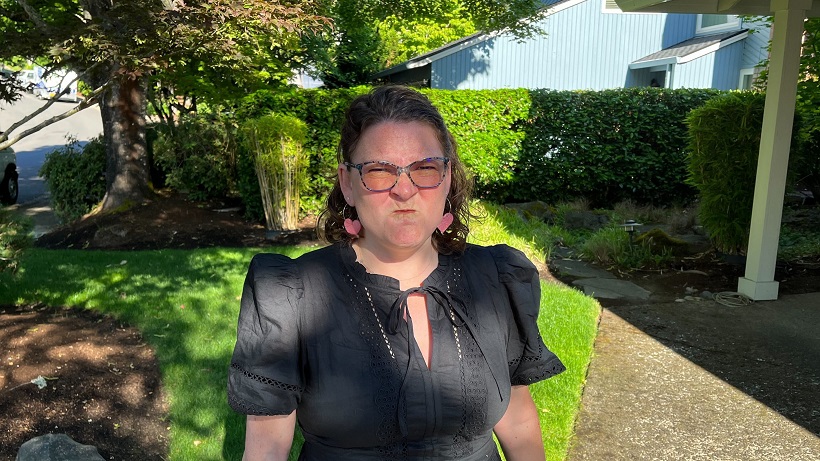I can sympathize with Korach. That’s not to say that what he and his followers did was right, but I know what it’s like to be consumed by strong emotion. If you know me, you know I’m passionate when it comes to certain subjects. One of the hardest things for me to do is stop myself from going all in and throwing everything I have behind a cause when I’m sure that I’m right. On the one hand, I think it’s important to have opinions and make them known. On the other hand, speaking your mind can sometimes rub people the wrong way.

The good news is I’ve learned many tricks over the years to manage this passion. I might ask a friend or colleague who’s with me to give me a sign that I’m in that “zone.” Or if there’s time, I might discuss the situation in advance to get feedback on my emotional level first. I’ve also learned the valuable lesson of being able to excuse myself to catch my breath before doing or saying something I’ll regret. I’m a natural redhead; fury is my language, and occasionally it can be put to good use.
Of course, the electrical charge of acting on emotion can come with consequences, which is clear in our Torah portion this week. This week we read Parshat Korach, the narrative detailing the revolt of Korach, who breaks apart the priesthood and prepares a revolt, while Datan and Aviram, two other troublemakers, begin a revolt of their own. Chaos breaks out in the camp, and those who don’t see a purpose to the fight pull away, which turns out to be solid decision-making, as the earth opens up and swallows Korach and his followers.
As we know from Parshat Noach, God promised never to destroy the entire world again. Clearly, that doesn’t stop God from momentarily becoming outraged and destroying groups of humanity because the rage is too great. That happens this week when Korach and his followers cannot restrain their dissent, and take physical actions to make their story known. Unfortunately, they go well beyond respectful dialogue and dissent.
Regarding this moment, the Talmud in tractate Hullin shares: “The world exists on account of people who are able to restrain themselves during a quarrel.” Rabbi Simcha Bunim, a key figure in Hasidic Judaism in 18th-century Poland, further explains that because Korach and his followers were not able to do that, the earth gave way and swallowed them. It’s a fairly apt metaphor; this is truly what happens when we’re not able to take a pause and gain control. It’s easy to be “swallowed up” in our emotions and personal feelings. It’s easy to temporarily let go of rational thought, despite the consequences. Parshat Korach reminds us that we can disagree without getting swallowed up in the silos of our own thinking.



